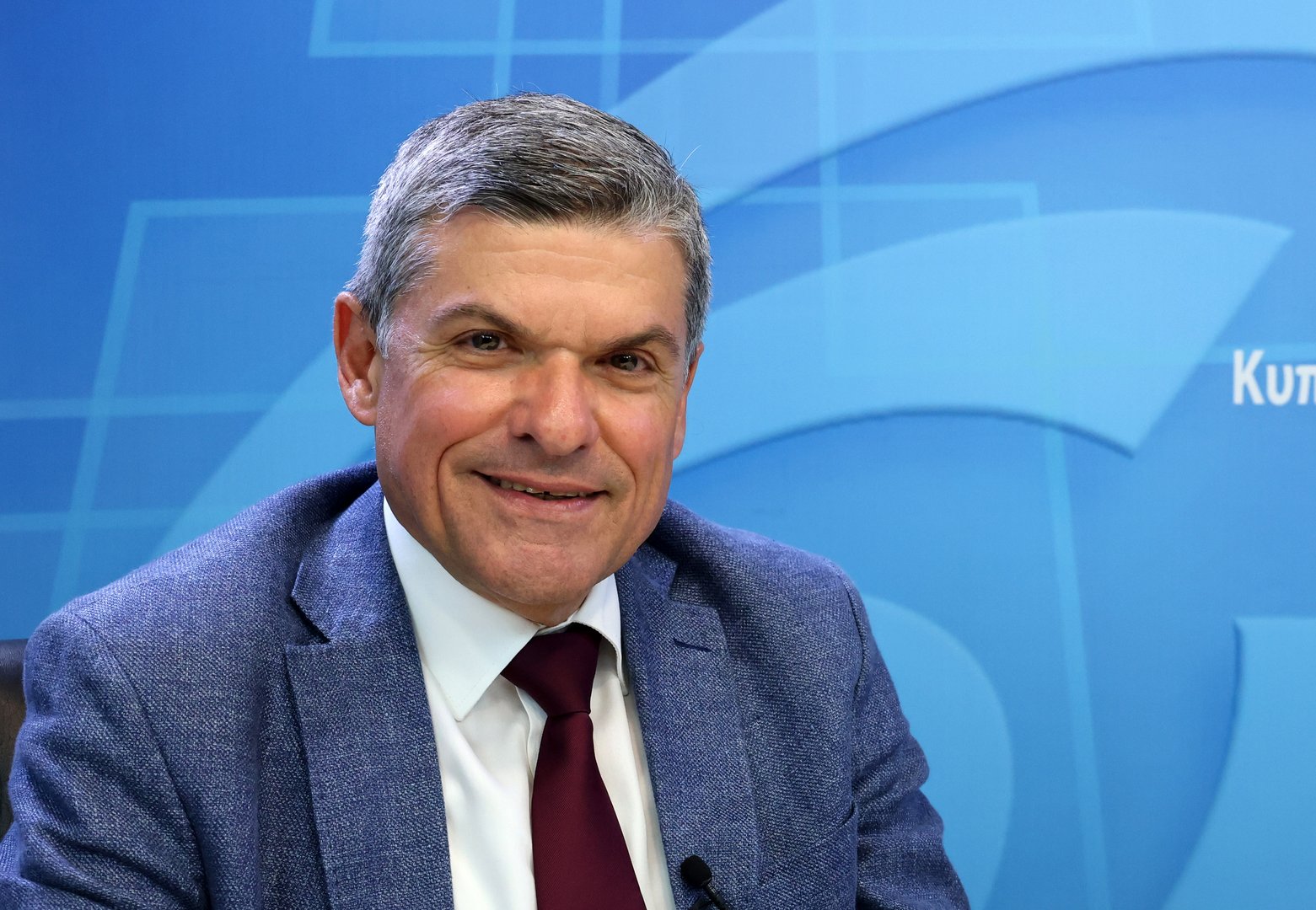Energy Minister George Papanastasiou is headed to Jerusalem, where on Thursday he will hold meetings with his counterpart, Israeli Energy and Infrastructure Minister, Israel Katz.
The focus of the meeting is alternative solutions for transporting natural gas from the Eastern Mediterranean to Cyprus for power generation and export to international markets.
President Nikos Christodoulides explained last month that the plan is centred on creating a pipeline from Israel to Cyprus to transport natural gas – meaning cheaper energy on the island – along with a facility which will liquefy the gas, therefore helping Israel export more of its product.
The meeting agenda on Thursday includes the initiation of an interstate agreement of cooperation on construction of infrastructure to connect the two countries, via both a natural gas pipeline and an electric cable.
In addition, the Cypriot and Israeli delegations will discuss the timetable for negotiations on the issue of the Aphrodite and Yishai fields.
Papanastasiou is expected to return on Thursday afternoon.
His visit to Israel is a follow up to last month’s flurry of announcements on major proposed energy projects between the two countries, catching many by surprise.
Papanastasiou emphasised at a workshop last month that the primary aim is to secure cheaper energy in Cyprus, and gas could begin arriving from Israel within 18 months – once the agreements are finalised and investment begins.
Christodoulides previously emphasised that the project, as part of the wider energy concerns facing Cyprus, is of the utmost priority for the government.
The Sunday Mail recently spoke with Papanastasiou who explained that major shifts are underway but insists the project is viable.
“There are several reasons behind our pipeline proposal. First, we give priority to the inland market. Cyprus comes first. Second, you don’t want to put all your eggs in one basket. It’s good to have an alternative option beyond Egypt. That doesn’t mean the Egypt option is being discarded, and Egypt definitely remains a useful partner. And third, with this proposal you attract Israel – a major geopolitical player,” he said.
The mooted East Med pipeline – 1,900-kilometres long – with a $6 billion price tag would have conveyed regional gas directly to Europe. The idea fell out of favour in recent years.
So far, five sizeable gas deposits have been discovered off Cyprus’ southern coastline. Israel has 11 such fields.
“The eastern Mediterranean has enough (gas) deposits. Most are inside Israel’s exclusive economic zone, but Cyprus has sufficient quantities as well for this project to materialise,” Papanastasiou explained earlier this month.
The minister told the Sunday Mail that the pipeline now being focused on is about 190km – adding “compare and contrast to the EastMed pipeline which would run for 1,900km”.






Click here to change your cookie preferences